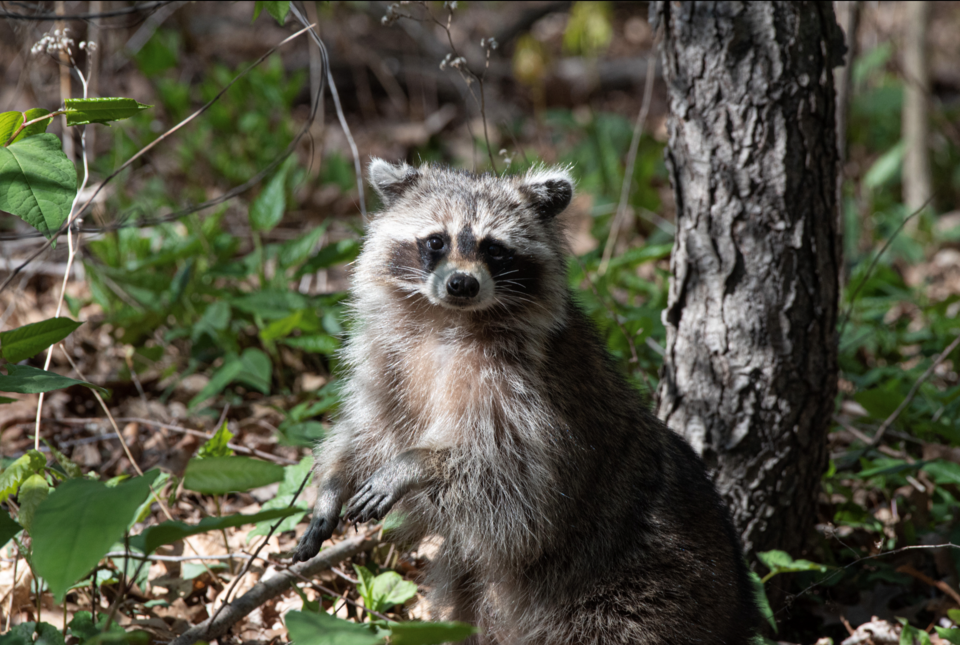This week, the city will begin its targeted attack on rabies by vaccinating the raccoons that live in the wooded areas of Brooklyn, including Prospect Park.
Eighteen animals, the majority of which were raccoons, tested positive for rabies—the fatal disease that spreads to people and pets through a bite from an infected animal--in 2022 so far, according to city records.
The New York City Department of Health and Mental Hygiene and the NYC Department of Parks and Recreation made the announcement last Friday and will be the departments leading the local initiative with the United States Department of Agriculture.
No rabies-positive animals have been detected in Brooklyn yet, but positive cases were confirmed in Queens, Staten Island and the Bronx.
“Rabies is a serious disease that can affect humans and our pets,” Health Commissioner Ashwin Vasan said.
“New Yorkers should make sure their pets are up to date on rabies vaccinations and maintain distance from wildlife.”
Now through mid-October, wildlife biologists with the USDA will distribute individual baits containing an oral rabies vaccine, using bait stations or hand tossing, in Brooklyn, Queens and Manhattan.
The vaccine is a pink liquid concealed in brown-colored fish-scented baits which resemble ketchup packets and attract nibbly raccoons.
“While coming into contact with a rabid raccoon is very rare, raccoons are residents of our city, and New Yorkers should be advised--if you see a raccoon, give them space, and never approach or try to feed them,” Sarah Aucoin, the chief of education and wildlife for NYC Parks, said.
While the bait cannot cause rabies in pets, it can cause vomiting if many doses are consumed. If pets find the bait, city officials recommend not taking it out of their mouths to avoid vaccine exposure.
The bait does not harm people or pets, but exposure to the liquid may cause a skin rash in humans, according to the health commissioner.
If you touch the pink liquid, wash your hands with soapy water, talk to your doctor, and call the NYC Poison Control Center at 1-800-222-1222.




